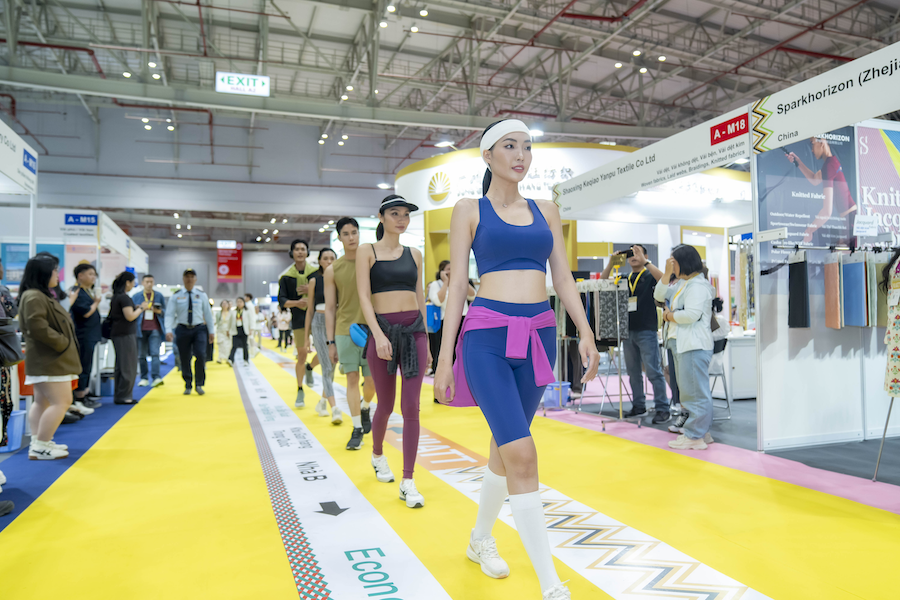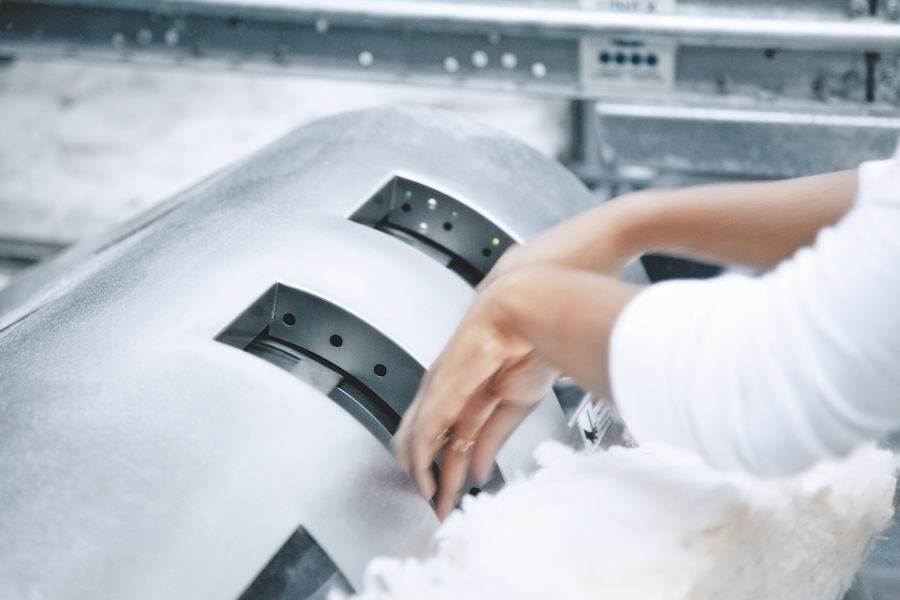#Europe
New liability rules on products and AI to protect consumers and foster innovation
Secondly, the Commission proposes for the first time a targeted harmonisation of national liability rules for AI, making it easier for victims of AI-related damage to get compensation. In line with the objectives of the AI White Paper and with the Commission's 2021 AI Act proposal, setting out a framework for excellence and trust in AI – the new rules will ensure that victims benefit from the same standards of protection when harmed by AI products or services, as they would if harm was caused under any other circumstances.
Revised Product Liability Directive, fit for the green and digital transition and global value chains
The revised Directive modernises and reinforces the current well-established rules, based on the strict liability of manufacturers, for the compensation of personal injury, damage to property or data loss caused by unsafe products, from garden chairs to advanced machinery. It ensures fair and predictable rules for businesses and consumers alike by:
• Modernising liability rules for circular economy business models: by ensuring that liability rules are clear and fair for companies that substantially modify products.
• Modernising liability rules for products in the digital age: allowing compensation for damage when products like robots, drones or smart-home systems are made unsafe by software updates, AI or digital services that are needed to operate the product, as well as when manufacturers fail to address cybersecurity vulnerabilities.
• Creating a more level playing field between EU and non-EU manufacturers: when consumers are injured by unsafe products imported from outside the EU, they will be able to turn to the importer or the manufacturer's EU representative for compensation.
• Putting consumers on an equal footing with manufacturers: by requiring manufacturers to disclose evidence, by introducing more flexibility to the time restrictions to introduce claims, and by alleviating the burden of proof for victims in complex cases, such as those involving pharmaceuticals or AI.
Easier access to redress for victims AI Liability Directive
The purpose of the AI Liability Directive is to lay down uniform rules for access to information and alleviation of the burden of proof in relation to damages caused by AI systems, establishing broader protection for victims (be it individuals or businesses), and fostering the AI sector by increasing guarantees. It will harmonise certain rules for claims outside of the scope of the Product Liability Directive, in cases in which damage is caused due to wrongful behaviour. This covers, for example, breaches of privacy, or damages caused by safety issues. The new rules will, for instance, make it easier to obtain compensation if someone has been discriminated in a recruitment process involving AI technology.
The Directive simplifies the legal process for victims when it comes to proving that someone's fault led to damage, by introducing two main features: first, in circumstances where a relevant fault has been established and a causal link to the AI performance seems reasonably likely, the so called ‘presumption of causality' will address the difficulties experienced by victims in having to explain in detail how harm was caused by a specific fault or omission, which can be particularly hard when trying to understand and navigate complex AI systems. Second, victims will have more tools to seek legal reparation, by introducing a right of access to evidence from companies and suppliers, in cases in which high-risk AI is involved.
The new rules strike a balance between protecting consumers and fostering innovation, removing additional barriers for victims to access compensation, while laying down guarantees for the AI sector by introducing, per instance, the right to fight a liability claim based on a presumption of causality.
Members of the College said:
Vice-President for Values and Transparency, V?ra Jourová said: “We want the AI technologies to thrive in the EU. For this to happen, people need to trust digital innovations. With today's proposal on AI civil liability we give customers tools for remedies in case of damage caused by AI so that they have the same level of protection as with traditional technologies and we ensure legal certainty for our internal market.”
Commissioner for Internal Market, Thierry Breton, said: “The Product Liability Directive has been a cornerstone of the internal market for four decades. Today's proposal will make it fit to respond to the challenges of the decades to come. The new rules will reflect global value chains, foster innovation and consumer trust, and provide stronger legal certainty for businesses involved in the green and digital transition.”
Commissioner for Justice, Didier Reynders, said: “While considering the huge potential of new technologies, we must always ensure the safety of consumers. Proper standards of protection for EU citizens are the basis for consumer trust and therefore successful innovation. New technologies like drones or delivery services operated by AI can only work when consumers feel safe and protected. Today, we propose modern liability rules that will do just that. We make our legal framework fit for the realities of the digital transformation.”
Next steps
The Commission's proposal will now need to be adopted by the European Parliament and the Council.
It is proposed that five years after the entry into force of the AI Liability Directive, the Commission will assess the need for no-fault liability rules for AI-related claims if necessary.
Background
The current EU rules on product liability, based on the strict liability of manufacturers, are almost 40 years old. Modern rules on liability are important for the green and digital transformation, specifically to adapt to new technologies, like Artificial Intelligence. This is about providing legal certainty for businesses and ensuring consumers are well protected in case something goes wrong.
In her Political Guidelines, President von der Leyen laid out a coordinated European approach on Artificial Intelligence. The Commission has undertaken to promote the uptake of AI and to holistically address the risks associated with its uses and potential damages.
In its White Paper on AI of 19 February 2020, the Commission undertook to promote the uptake of AI and to address the risks associated with some of its uses by fostering excellence and trust. In the Report on AI Liability accompanying the White Paper, the Commission identified the specific challenges posed by AI to existing liability rules.
The Commission adopted its proposal for the AI Act, which lays down horizontal rules on artificial intelligence, focusing on the prevention of damage, in April 2021. The AI Act is a flagship initiative for ensuring safety and trustworthiness of high-risk AI systems developed and used in the EU. It will guarantee the safety and fundamental rights of people and businesses, while strengthening AI uptake, investment and innovation. Today's AI liability package complements the AI Act by facilitating fault-based civil liability claims for damages, laying down a new standard of trust in reparation.
The AI Liability Directive adapts private law to the new challenges brought by AI. Together with the revision of the Product Liability Directive, these initiatives complement the Commission's effort to make liability rules fit for the green and digital transition.















